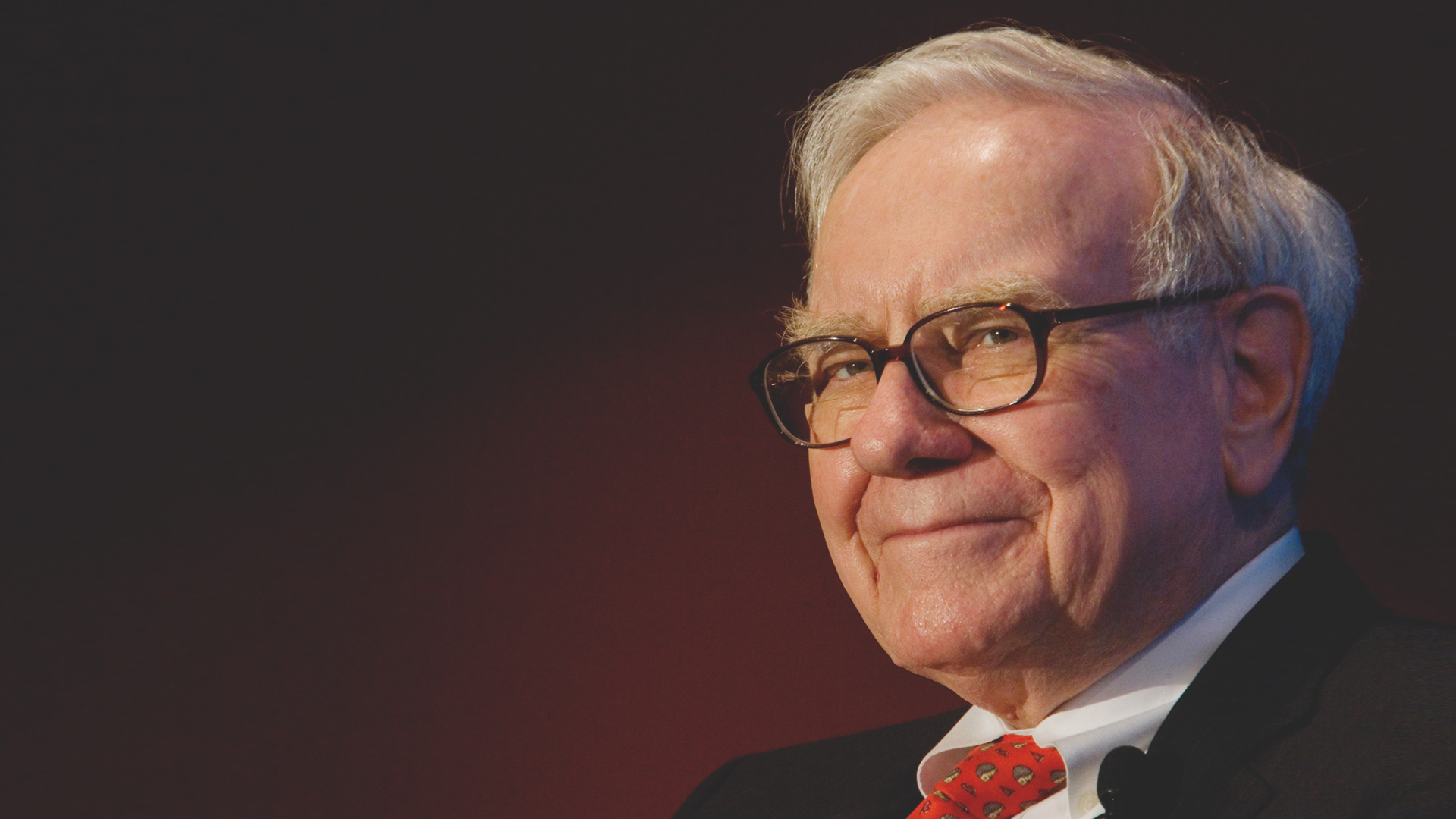Warren Buffett, the World's Richest Introvert

Warren Buffett is a high-profile public figure who comes off as gregarious and folksy in his interviews and appearances. Based on his easy manner, his obvious delight in storytelling, the raptness of his audiences, and his willingness to endure the shame of strumming a ukulele in public, we might be inclined to think of him as an extrovert. Nonetheless, the "Oracle of Omaha" is often cited as a case study in introverts as effective leaders.
For the past several decades, Buffett has been a regular on "World's Richest" lists, which tends to imbue one's words with a certain amount of heft and keep audiences on the edges of their seats.
As a younger man, though, he struggled to persuade others of the value of his ideas. And even though he has largely overcome his challenges in communicating, his life and career are defined by many of the typical traits of the introvert.
Early glimmers of introvert genius
As a child in Nebraska in the 1930s and 1940s, Buffett became an entrepreneur and a classic "idea man" before he was out of short-pants (what children were required by law to wear in the olden days).
His earliest schemes included buying six-packs of Coca-Cola for a quarter and turning them around for a nickel per bottle, collecting golf balls and reselling them, and picking up stubs from the racetrack and cashing in the unused ones.
Naturally, he also had the quintessential job for the entrepreneurial loner: a paper route.
A 2012 study by Harvard psychologist Randy Buckner found that the area of the brain associated with abstract thought and decision-making—the prefrontal cortex—tended to be larger in introverted test subjects.
Young Buffett and his brain certainly showed a knack for abstract thought—not only in the ability to come up with money-making hustles but also in the fascination with and grasp of the stock market, which he nurtured from an age when most of us still learn our times tables.
When he turned 11, Buffett bought his first stock, Cities Services, which was trading at $38. He "went all-in" and spent his entire net worth on three shares. After a brief career buying and selling concrete items, he had finally embarked on his life's work of trading in what seem to the layman to be nothing but numbers and symbols.
Total introvert move
At age 20, Warren Buffett started his first investment group. It wasn't difficult for him to convince a handful of his college buddies, who recognized his genius, to join. But when he tried to persuade others to get on board, he found that he lacked the skills.
"I had the intellect for business," he says in a Bloomberg TV documentary, "but not the persona." So he signed up for the Dale Carnegie "How to Win Friends and Influence People" course of seminars. "I had to learn to communicate with people better," he goes on, "particularly in groups. I just couldn't go through life being terrified to speak in public."
Buffett saw that his quiet personality was hindering his dreams in this context, so he did what any methodical, analytical, and motivated introvert would do—researched the problem and studied his way out of it.
The course helped him so much to move toward "ambivert" on the intro/extro scale that Buffett credits it with giving him the confidence and skill he needed to convince his girlfriend to invest in the institution of marriage. To him. He asked her to marry him…is what I'm saying.
How introversion makes him awesome, part I
As previously noted, introverts have a knack for abstract thinking, and what is more abstract than the stock market? Trading stocks, not to mention buying and selling loans, derivatives, and other financial "products," is so far removed from the basic use of money as a bartering chit that it hardly seems related.
As Buffett explains in the Bloomberg documentary, his success is partially due to making concrete sense of the abstract: "If you look at the market as buying pieces of businesses, you will be able to see when the market is wrong."
By peering through the numbers to the underlying reality, Buffett has been able to fly in the face of conventional wisdom and consistently outperform the market.
How introversion makes him awesome, part II
Another trait of introverts is a tendency to be more focused on the long term than "in the moment" as their extroverted counterparts would. Warren Buffett is known for being one of a dying breed: the investor who is in it for the long haul. His philosophy is known as "value investing," wherein the investor buys into businesses he or she believes will continue to do well and tries to help the business succeed rather than trying to turn a fast profit through quick-and-dirty market hacks.
How introversion makes him awesome, part III
According to research on workplace dynamics conducted by Adam Grant, introverted bosses can be highly effective when surrounded by proactive underlings. Buffett is renowned for running a highly de-centralized empire, in which his trusted managers are given the freedom to make big decisions themselves. Whereas extroverted bosses may thrive on calling all the shots and therefore discourage input from employees, Warren Buffett, in a style that reflects his investment strategy, chooses his compatriots carefully and encourages them to succeed so that he might too. It seems to be working okay so far.
Enviado desde mi iPad
Comentarios